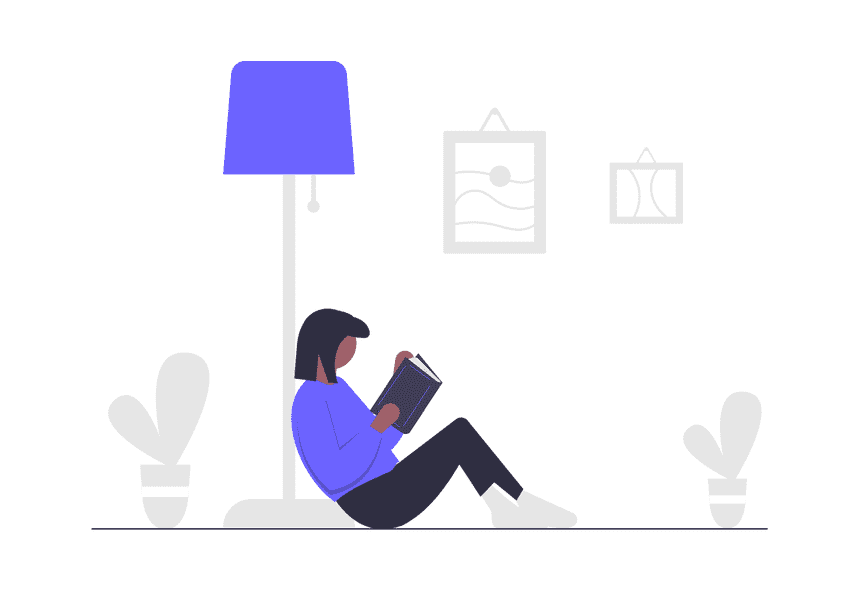On learning

It's worth touching on how to go about learning something new, (lately I've been learning React). Everyone has their own unique learning style. When I was starting out my career, I think I was super eager, and just wanted to jump into things and start building something. It can be enticing to just start coding; you want to see something tangible as a result of your learning efforts as quickly as possible.
As I progressed, I learned the importance of going a little bit slower at the beginning. Getting a really good understanding of the foundations and core concepts of a new language or framework is super important, and it will save you a lot of time in the long run, as you sometimes spend ages grappling with things that 'just aren't working', until you realize that you haven't fully understood some of the fundamentals.
That doesn't mean you shouldn't jump in and build stuff. You need to see some fruits of your labours, by building something thats fun, and feeling like you're actually getting somewhere. But balance that out with a healthy dose of reading the docs. And re-reading them. As I've progressed in my career, it's become more important to continually refer back to the documentation, and it's a mistake I've seen junior developers make; to only read a brief amount, and then dive back in, as if to have to read the docs is to admit that you don't know something that you think perhaps you should. Senior developers google the simplest concepts everyday, trust me. It's a good idea to check your assumptions as often as possible.
Different learning styles
Everyone learns differently, and understanding the techniques that you respond to well, and techniques that don't work for you, can help you retain new information better, learn new concepts faster, and enjoy your learning experience. Teaching and training courses often teach that students can learn in the following four styles:
- Visual
People who learn well from visual queues, such as diagrams, charts, illustrations and visualisations - Auditory
People who respond well to audio queues, such as verbal instruction, discussions and reading out aloud - Read/Write
People who respond well to reading content, either online or in books, and writing things down, taking notes and sumarising concepts in order to learn them better - Kinesthetic
People who learn by doing, either by physical movement, interaction, touch, or some kind of hands-on approach, usually in the real world
Most people are usually strong in one or more of these learning styles. You don't usually have people that are strong in all of them. So understanding the style(s) that work best for you can really help you to learn new concepts well, in a way that works for you. It also means that if you're trying to understand a concept, and you're having a hard time; trying to use other means to learn that fit with your preferred learning style could be beneficial.
Personally, I think I respond well to reading and writing (such as explaining concepts in blog posts), as well as visual learning resources.
The front end space sure is large, and there's always going to be plenty to learn. Understanding how you learn well can help you get the most out of the precious time you have available to checkout that new framework or concept.
Happy learning!